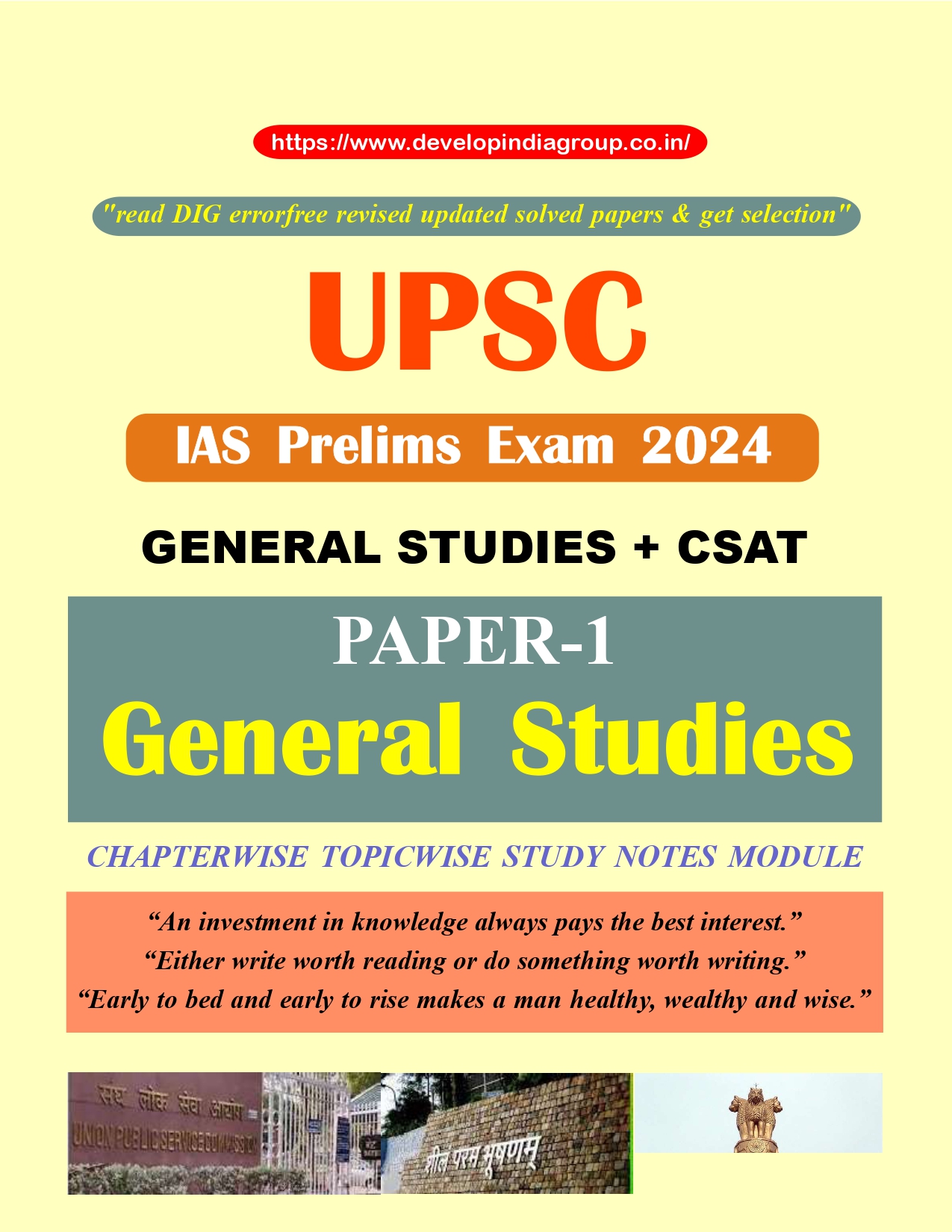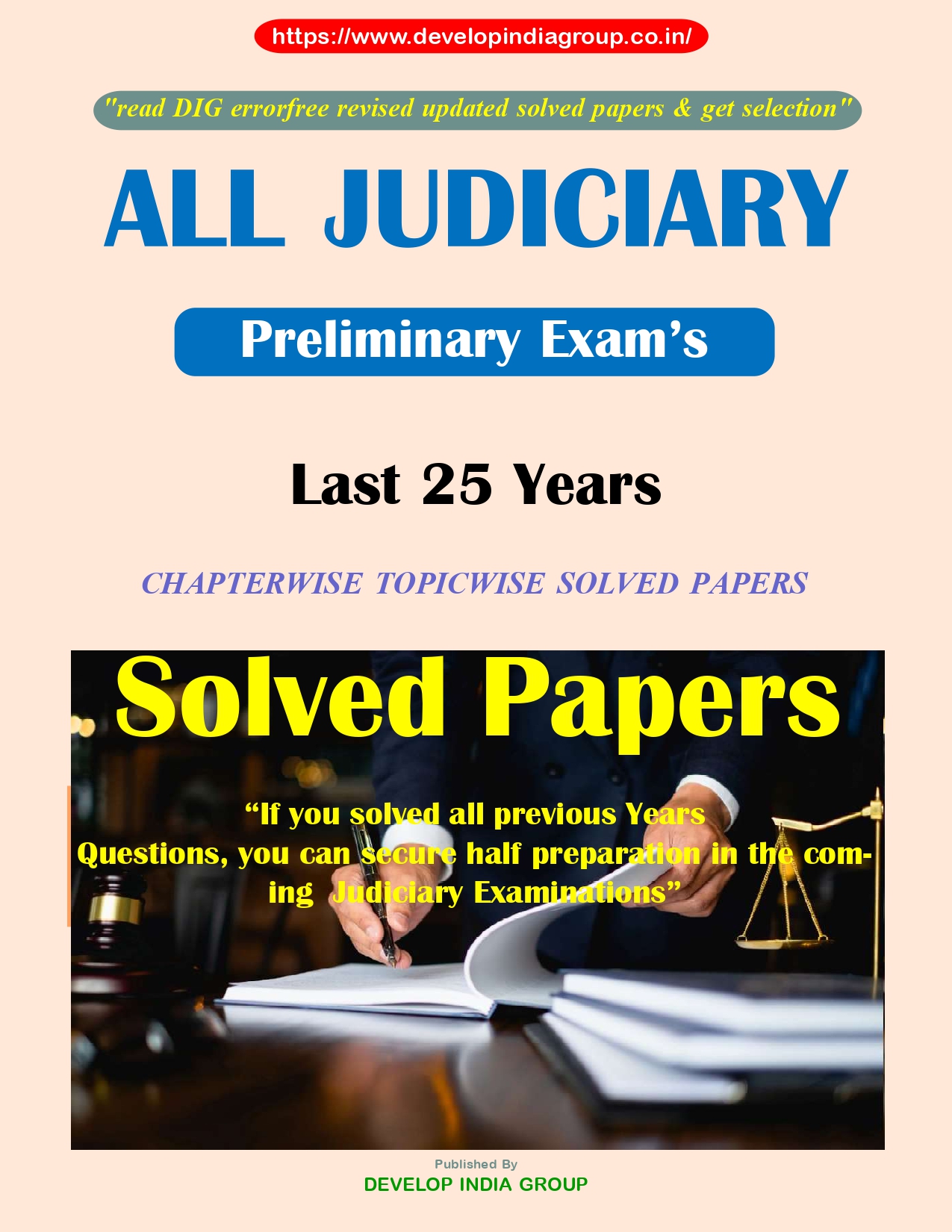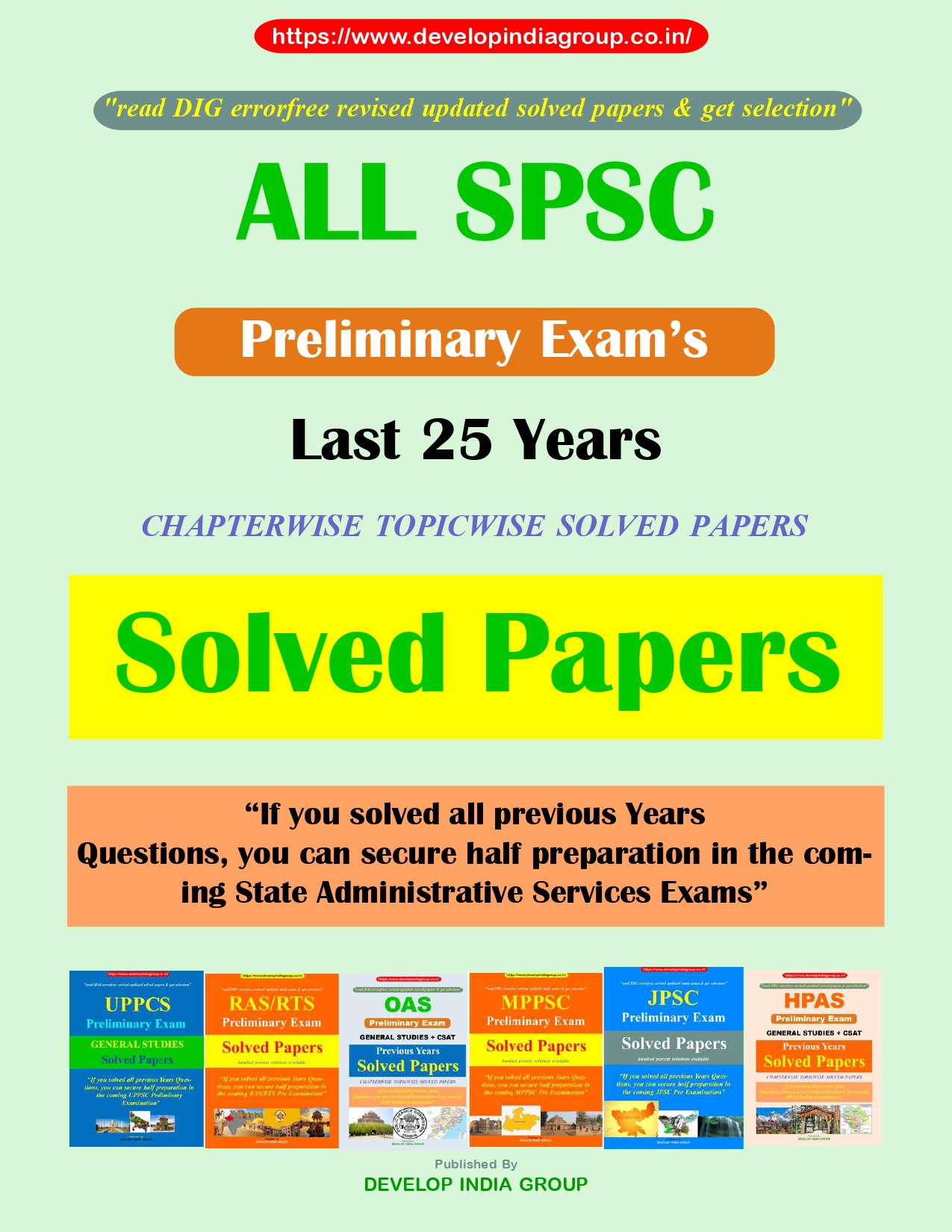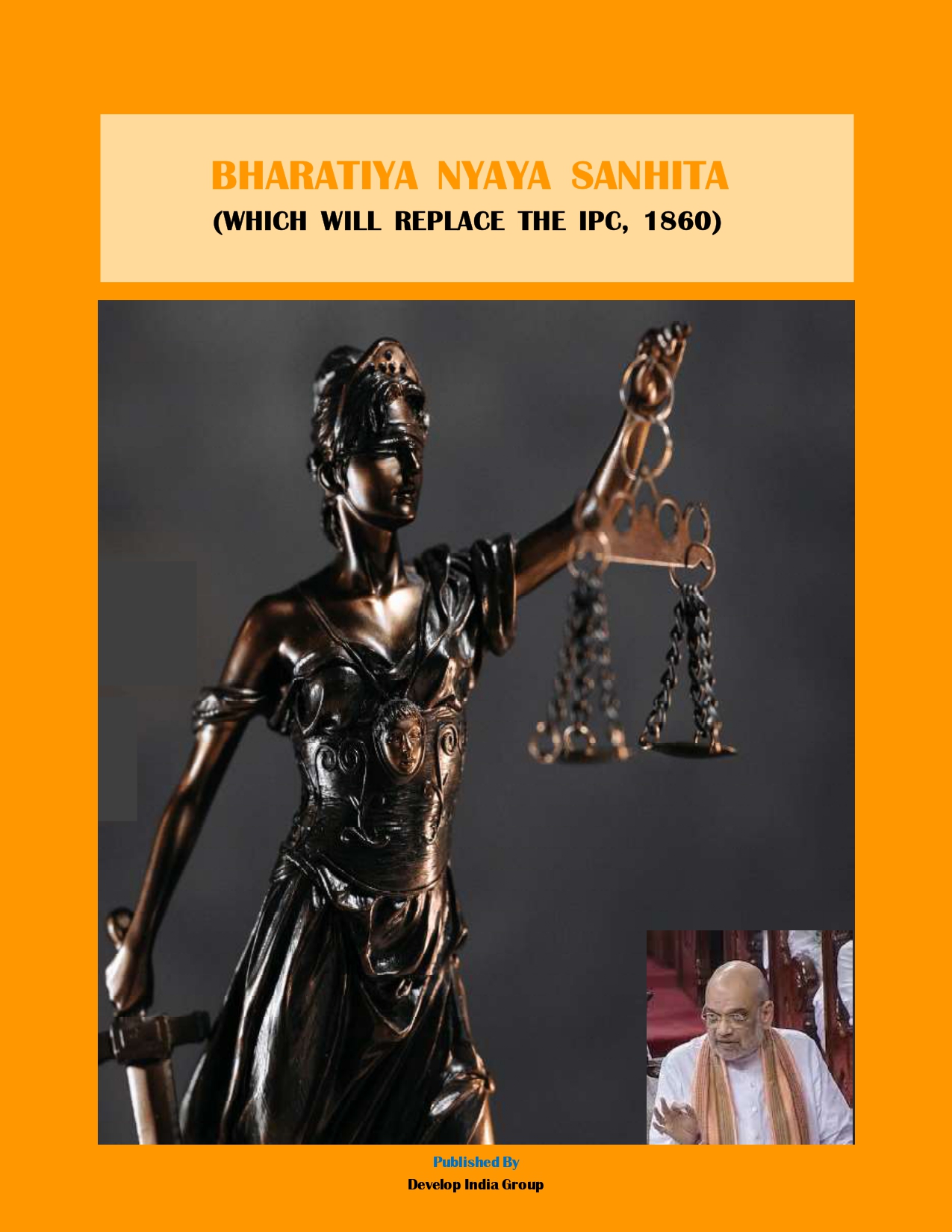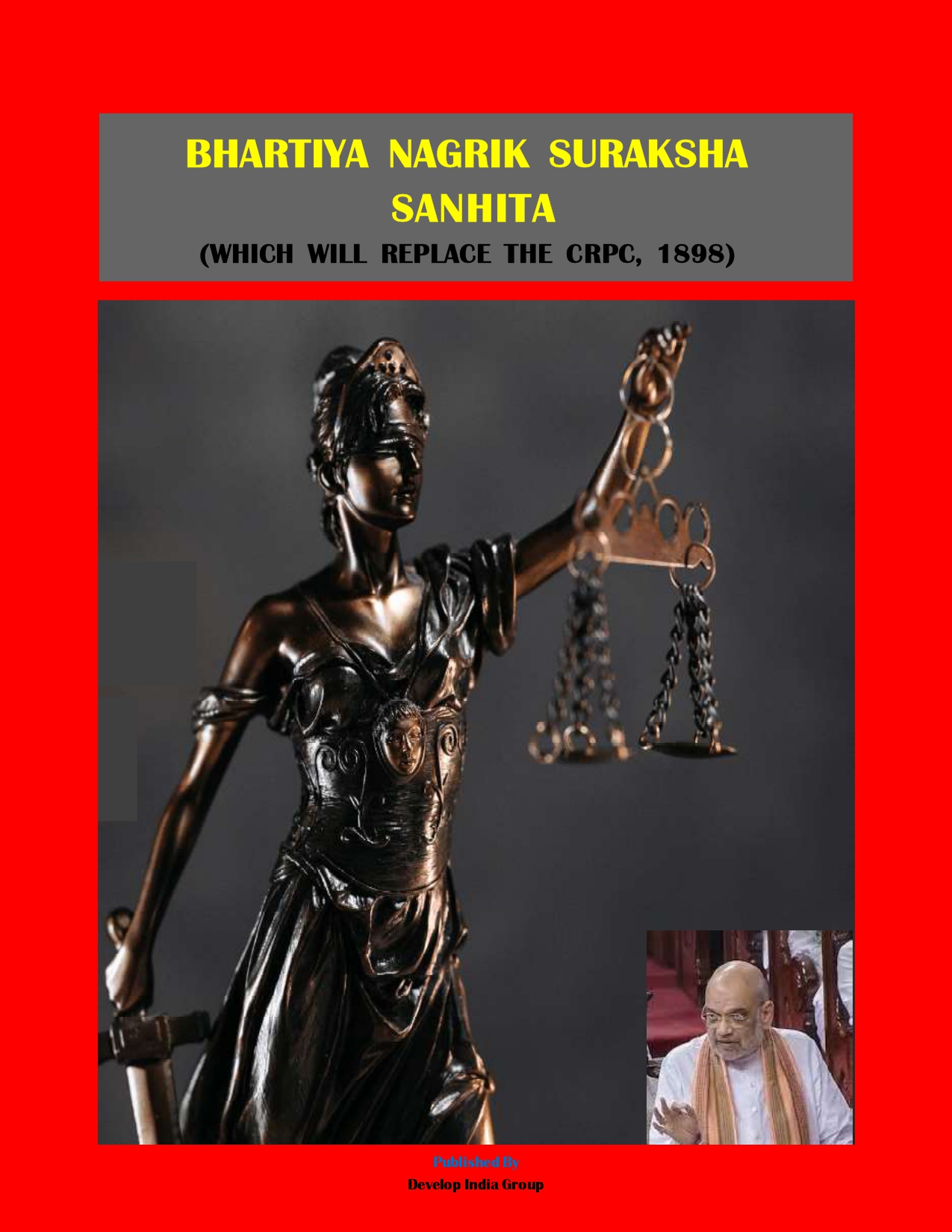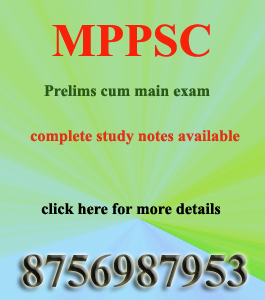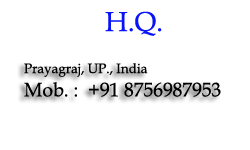

| State Level Govt. Exams |
|---|
| Crash Courses |
|---|
| Chapterwise Study Material & Notes |
|---|
| Books / eBooks |
|---|
| Mock Tests Series |
|---|
| Free Video Leaning Programe (VLP) |
|---|
BUY Online Study Materials/Notes |
|---|
| Practice Sets |
|---|
| Je & Ae Exams |
|---|
| Coaching for Schools Students (K-12) |
|---|
| NCERT Solutions |
|---|
| Quick Links |
|---|
The All India Bar Examination (AIBE) has conducted on a bi-annual basis every year. All India Bar Examination (AIBE) XI to assess the capability of advocates who want to practice legal profession in India.
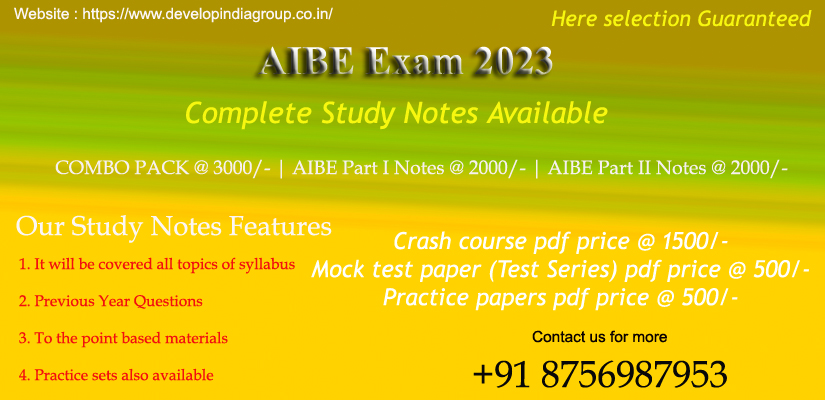 |
Complete Study Notes available : For subscribe click here |
COMBO PACK @ 3000/- AIBE Part I Notes @ 2000/- & pdf @ 1000/- AIBE Part II Notes @ 2000/- & pdf @ 1000/- Crash course pdf price @ 1500/- Mock test paper (Test Series) pdf price @ 500/- Practice papers pdf price @ 500/- Pay us via gpay or phonepe or Paytm on 8756987953 Plz share screenshot after payment |
 |
The All India Bar Examination (AIBE) will have one hundred (100) multiple-choice questions spread across various subjects. The subjects are taken from the syllabi prescribed by the Bar Council of India for the three-year and five-year Ll.B. programmes at law schools in India (as set out under Schedule I to the Bar Council of India Rules). These subjects are divided into two categories: the first comprises subjects that may be considered ‘foundational’ in nature, those that form the basis for large areas of law; the second comprises other subjects, which a new entrant to the legal profession must also have a basic understanding of. Schedule I to this document contains the list of subjects that would be tested in the All-India Bar Examination and the weightage ascribed to each of these areas.
AIBE XI : Eligibility Criteria
Candidates were required to fulfill the eligibility criteria as specified for appearing in AIBE (11) 2018 including academic qualification and other essential qualifications. Candidates need to check the qualifications necessary for AIBE (11) 2018 as mentioned here. The applicants were considered eligible for AIBE XI 2018 only if they held an LL.B degree and were enrolled with their respective state bar council.
SYLLABUS
The Examination paper will comprise at least seven (7) questions from each ‘Category I’ subject, of which three (3) will be Category A questions, and four (4) will be Category B questions (‘Category A’ and ‘Category B’ questions are described in detail below). The paper will also have twenty-three (23) questions from the ‘Category II’ subjects as a whole, and these twenty-three questions will include questions from at least five (5) Category II subjects. All questions from Category II subjects will be Category B questions.
| Category / Subject | Number of Questions | |
| Category I (Part I of the Paper) | ||
| 1 | Alternative Dispute Resolution | 7 |
| 2 | Civil Procedure Code and Limitation Act | 7 |
| 3 | Constitutional Law | 7 |
| 4 | Contract Law, including Specific Relief, Special Contracts, and Negotiable Instruments | 7 |
| 5 | Criminal Law I: The Indian Penal Code | 7 |
| 6 | Criminal Procedure | 7 |
| 7 | Drafting, Pleading, and Conveyancing | 7 |
| 8 | Evidence | 7 |
| 9 | Jurisprudence | 7 |
| 10 | Professional Ethics and the Professional Code of Conduct for Advocates | 7 |
| 11 | Property Law | 7 |
| Category II (Part II of the Paper) | ||
| 12 | Administrative Law | 23 questions in all, and these questions will include questions from at least 5 subjects in Category II |
| 13 | Company Law | |
| 14 | Environmental Law | |
| 15 | Family Law | |
| 16 | Human Rights Law | |
| 17 | Labour and Industrial Law | |
| 18 | Law of Tort, including Motor Vehicle Accidents, and Consumer Protection Law | |
| 19 | Principles of Taxation Law | |
| 20 | Public International Law | |



